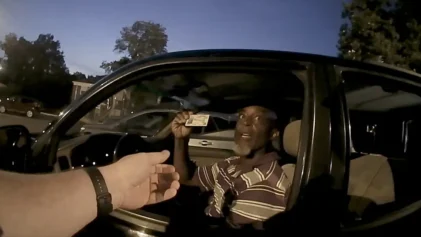
American Airlines and US Airlines
DALLAS (AP) — The CEO of American Airlines said Thursday he is looking forward to company representatives meeting with the NAACP to discuss the civil rights group’s charge that carrier has a culture of racial insensitivity.
The NAACP earlier this week warned African-Americans that if they fly on American, they may face discrimination or even safety issues.
CEO Doug Parker said his first reaction to the NAACP’s charge was, “How can that be true of us?” He described the airline as having “a diverse and open environment and organization.” But he says he now sees a chance to improve the airline.
“Once you get past that, this is a fantastic opportunity because we want to get better,” Parker told reporters during a call to discuss the company’s latest financial results. “If the NAACP wants to talk to us and wants to help us get better, we are excited about that.”
The NAACP issued a “travel advisory” and cited four recent incidents where African-American passengers, including an NAACP official, believed they were mistreated because of their race.
Since the start of 2016, passengers flying on American have filed 29 complaints of racial discrimination with the federal government, the most against any U.S. carrier, followed by United Airlines with 17.
In 2015, when the type of discrimination was not identified in U.S. Department of Transportation reports, United had 14 complaints and American nine.
As of 2016, about 15 percent of American’s workers were African-American, according to figures provided by the company. That is higher than the percentage of African-Americans in the U.S. population — 13.3 percent, according to the Census Bureau.
American’s figures did not give racial breakdowns for different workgroups. In aviation, African-Americans are notably under-represented in the cockpit — accounting for only about 3 percent of airline pilots, according to the Labor Department.
Parker was asked if he is concerned that the controversy with the NAACP could hurt American’s bookings.
“We haven’t seen anything, but that is not the point,” he said. “The work we’re doing … is not about whether or not it has a financial impact on our company.”
The NAACP’s “travel advisory” on Tuesday stopped short of calling for a boycott of American. “We’re not telling people don’t do or to do, but we want people to have the necessary education to be informed about how they leverage their dollars,” NAACP President Derrick Johnson told C-SPAN.


